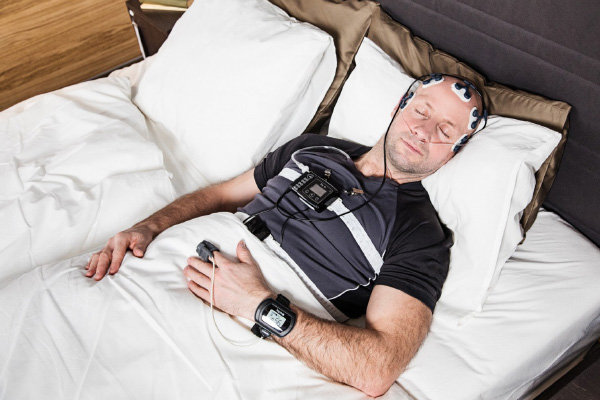
A sleep study (Polysomnography) is one of the most effective and reliable diagnostic tests for determining the type and degree of a sleep disorder in a patient. It is a multi-parametric research that identifies and records a variety of biophysical changes that occur when sleeping. The findings of the research may be used to identify a variety of sleep problems, including sleep apnea.
Preparing for a sleep study entails the following steps:Sleep disorders are very common and are often overlooked. Getting enough sleep is an essential component of living a healthy lifestyle, and disruptions in this area, such as loud snoring, mouth breathing, insomnia, daytime sleeplessness, and so on, are reasons for worry and may indicate a serious health problem.
Sleep apnea, restless leg syndrome, narcolepsy, periodic limb movement disorder, insomnia, and nighttime behavior such as sleepwalking and REM sleep behavior disorder are the conditions of sleep disorders. There are several symptoms associated with these illnesses, but a sleep study is the most typical test used to identify these disorders.
A pulmonologist will analyze this information, as well as your medical history and sleep history, to determine a diagnosis. If your polysomnography findings are abnormal, it might indicate that you have one of the following sleep-related illnesses:
